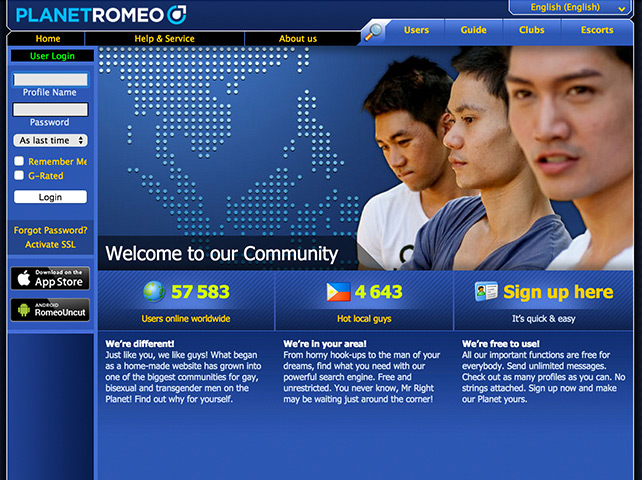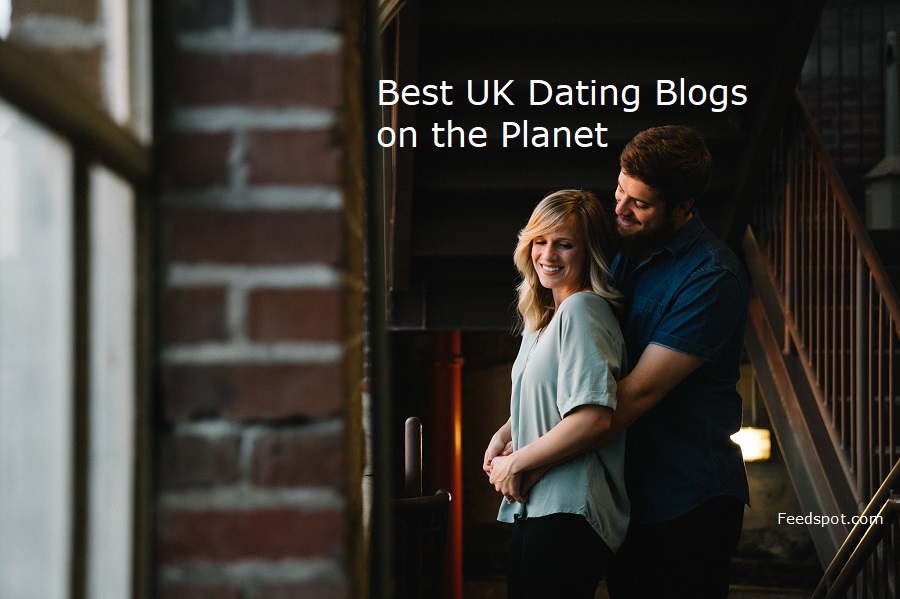
For a limited introductory period, PlanetOut personals are free of charge. Find Your Way — Unique Search Capabilities PlanetOut offers unique new search capabilities that make it easy to find what members are looking for not just on PlanetOut, but on the whole Internet. The new design also features fewer graphics for faster loading and an easy-to-read typeface. Plus, it takes under a minute to become a PlanetOut member with a streamlined registration process. Improved Personalization — PlanetOut lets members choose their own color schemes, bookmark their favorite message boards and save their searches.
Acclaimed writer Louise Fradkin will contribute biweekly travel stories and HBO comedian Bob Smith will write a diary of his life on the road as he performs internationally. New Channels: This paper shows that sexually related online activities have become routine in recent years for large segments of the population in the Western world.
Shy Guys have more sex.
Internet sexuality also takes somewhat different forms based on the age, gender, and sexual orientation of the individual. Academic studies to date have focused overwhelmingly on the possible negative effects of Internet sexuality. By contrast, little research has been conducted on potential benefits. Consequently, a surprising number of gaps are evident in the scholarship on Internet sexuality. And, it is clear that requests for such data are strategically misrepresented as intended to link specific modes of community membership with an improved experience of online activity, whereas they are, in fact, refined forms of demographic market data gathering that are directly rerouted to potential advertisers and corporate sponsors.
As Campbell , p.

This essay provides an examination of questions that are intended as a provisional frame for critical inquiry concerning new media and sexual subcultures. The author provides a close reading of recent studies that are exemplary in their contribution to research concerned with the significance of artifacts and the production, mediatization and narrativization of queer relations, identificatory practices, desires, community participation, and social networks.
This somewhat bizarre statement reveals a fundamentally economic reasoning behind the decision. The website seems to follow broader trends towards a commercialization of popular LGBT websites Gamson ; Campbell Next, the editors justify the choice of the word queer by arguing that the new name will encompass a greater diversity of people: PL indicates our great diversity, which we are proud of!
From queer to gay to Queer. The names we dare to speak in Poland.
- dickjames gay escort;
- ‘Outing PlanetOut: Surveillance, Gay Marketing and Internet Affinity Portals’.
- gay head massachusets dating;
- gay dating website usa;
- Looking for the full-text?!
- gay vegetarian dating;
Dec The Western narrative of the development of names for sexual minorities often goes from queer to gay and back to queer. These name changes mark the progress achieved in both Western activism from no activism to assimilationist activism to in-your-face activism and academia from no studies to gay and lesbian studies to queer studies. Additionally, this trajectory often functions as a model for people in other countries. Is the story necessarily so much the same elsewhere and at other times? This paper addresses the question in relation to Poland.
Do Polish terms for sexual minorities follow the Western path of development? What challenges do we face while adapting English names, and in particular queer, in Poland? Drawing on the analysis of an online discussion about the recently announced name change of the biggest Polish LGBT portal from Innastrona. In the conclusions, I argue that the adoption of queer by Queer.
PlanetOut Inc.
Available for free at the website of Lambda Nordica: Pointing further to the numerous ways in which queer women are poorly understood, more research is needed to understand the diversity of experiences, desires and motivations of queer women using Internet dating sites. Narratives of online dating in queer women. May These studies have focussed on new forms of connectivity via sites such as Gaydar and PlanetOut, which have been argued to bring with them further contradictions and complications regarding the construction and representation of gay masculinities.
These themes include: This strand of work also demonstrates the role of digital media in providing access to public sex venues, Cottages 3 , as sites pleasure which rebuff assimilationist elements that can be present within commercial gay scenes Mowlabocus, ; to engage in sexual adventuring through activities such as bareback sex Dowsett et al. Networked Masculinities and Social Networking Sites: Oct It is of course recognised that technology is gendered and is implicated in gender relations.
Over the past 30 years we have witnessed a dramatic rise in the pervasiveness of digital media across many parts of the world and as associated with wide ranging aspects of our lives. This rise has been fuelled over the last decade by the emergence of Web 2. To begin to unpack this area, I engage theorizations of the properties of digital media networks and integrate this with the masculinity studies field.
Using this framework, I suggest we need to consider the rise in what I call networked masculinities — those masculinities co produced and reproduced with digitally networked publics. Through this analysis I discuss themes related to digital mediators, relationships, play and leisure, work and commerce, and ethics.
- escort gay palm sprogs;
- PlanetOut Inc. | LGBT Info | FANDOM powered by Wikia.
- international cupid dating sites;
- gay bear dating sites for dadies;
- Top 6 Dating Tips for Shy Gay Guys.
I conclude that as masculinities can be, and are being, complicated and given agency by advancing notions and practices of connectivity, mobility, classification and convergence, those engaged with masculinity studies and digital media have much to contribute. Internet forums and portals are oft en presented as community resources serving the needs of particular groups. Although these communities promise inclusion, support, and authenticity, they position people as consumers whose eyeballs and attention can be sold and directed, whose interests are directed to particular purchases and lifestyle choices, and whose conversations are placed under corporate monitoring and surveillance see, e.
Broader directions for the role of social media in social and political change reveal " new ways of thinking about citizenship and collaboration " in a world in which media audiences are not passive but active Jenkins, , p. First, we off er a conceptual overview that sets out our core terminology of online communities, social media, and consumer well-being.
Providing additional conceptual backbone, we then take a detour into the real world to examine the theorized role and interrelation of community and sustainability.
We look at research that examines the relation between social media and the alleviation of various social problems, then defi ne three types of online social change communities OSCCs. From there, we broaden our perspective to consider how social media connect to lifestyle-related issues of environmental orientation or sustainability.
We off er a brief description and discussion of some diff erent social media sites that illustrate our three variants of OSCCs. Th e fi nal section off ers some important implications of our fi ndings for the understanding of both online communities and sustainable consumption, for the future conduct of consumer research, as well as for the related pragmatic concerns of consumer activists and organizers, corporations, legislators, and others concerned with social and regulatory policies.
We develop our notions of social media and social change through the intermediary element of consumer empowerment. As do many of the contributors to this book see, e.
Navigation menu
Th e chapter closes with some suggestions for scholars of TCR that include not only the distanced study of social media but also its application and daily use in academic life. A common argument is that websites and apps deepen the commodification of gay men's bodies and promote raced and gendered ideals of male beauty, which exclude most people and which deepen forms of self-oppression Gosine, There is evidence that online spaces supporting political community are commercial exercises which position gay and lesbian lives as markets to be exploited Campbell, Research on the ways in which heterosexual people use the internet has indicated that they also are required to submit themselves to norms of attractiveness and market appeal Arvidsson, ; Couch and Liamputtong, ; Hardey, ; Smaill, Location, safety and non strangers in gay mens narratives on 'hook-up apps.
Jun Sexualities. Hook-up websites and apps are said to be transforming the sexual lives of gay men and have been linked with the apparent erosion of gay publics as the basis for identity politics and social action. This article examines these dynamics in the interview and focus-group talk of gay men living on the economic and geographical margins of metropolitan gay culture. It offers perspectives on the importance of location — class, generation and space — for the experience of digital media, the negotiation of safety, and the new codifications and elaborations on sex with the non stranger; a figure who is not alien, yet not familiar, in sexual sociality.
The internet also allows the political activism for Latin American lesbians. Campbell's [10] results lead to similar conclusions. Campbell found that internet affinity portals like PlanetOut.
PlanetOut, in the money - CNET
When Subcultures Turn into Ghettos: The Conceptual Ghetto and Oppression. Aug Lez takes time: While locative media scholarship foregrounds the social dimensions of space, we consider temporal orienting devices that design contact among women seeking women using a case study of the lesbian dating app, Dattch rebranded as Her in Work and play at the threshold of legibility: Theatre as method and pedagogy in surveillance research. This article describes and evaluates that project, situating it within surveillance theory, artistic explorations of surveillance, and performance methodology.
We reach ambivalent conclusions regarding its success as research. Three suggestions are made to improve its method: We also review the difficulties of making this project legible within the discourse of surveillance research, finding that while this article makes it legible as an exploration and critique of method, that contortion to institutional legibility has wrung the ineffable joy and fun from the event. We believe that that fun was in some way integral to the project, to its creative power, and to its value to the community of surveillance scholarship.
We invite discussion of how that joy might be circulated within the discourse of surveillance theory. Queen don't compute: Throughout the fall of and the summer of , activists mobilized against Facebook's real names policy. Although media coverage constructed this as a problem of exclusion, we see this as a case of how non-normative identities are punished when they disrupt the collection of personal information. Using approaches from queer theory, internet studies, surveillance scholarship, and social theory, we argue that real names policies are not about promoting safety but about rendering users transparent to markets and the state.
Turning to artistic and tactical interventions, we propose a queer engagement that troubles surveillance, rejects technocratic solutions, and challenges liberal discourses of inclusion.
 Planet out gay dating
Planet out gay dating
 Planet out gay dating
Planet out gay dating
 Planet out gay dating
Planet out gay dating
 Planet out gay dating
Planet out gay dating
 Planet out gay dating
Planet out gay dating
Related planet out gay dating
Copyright 2020 - All Right Reserved